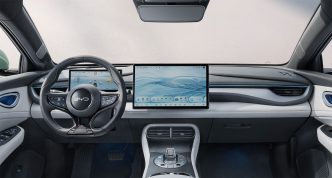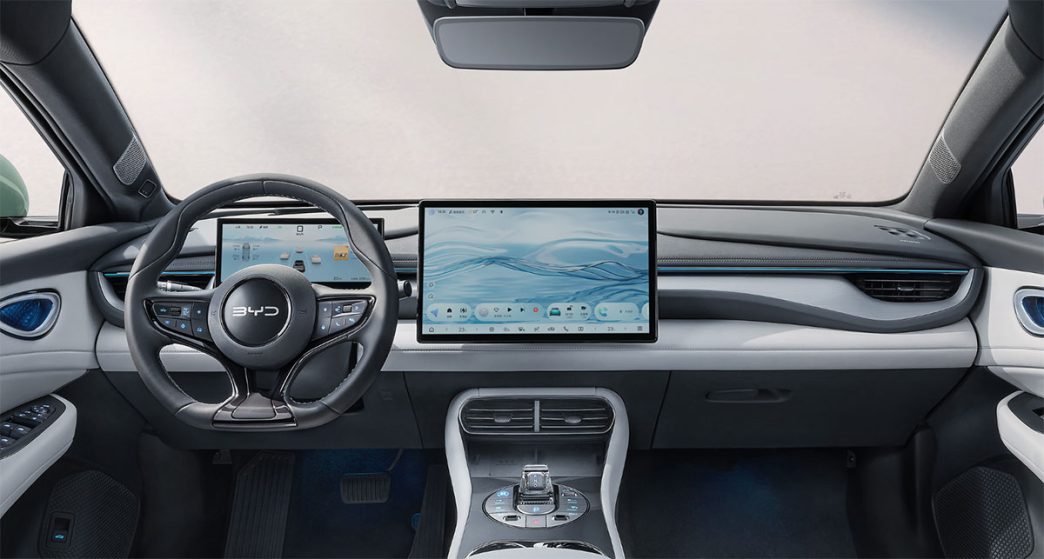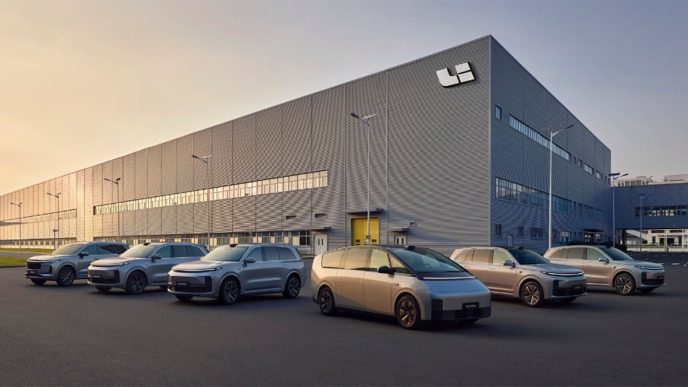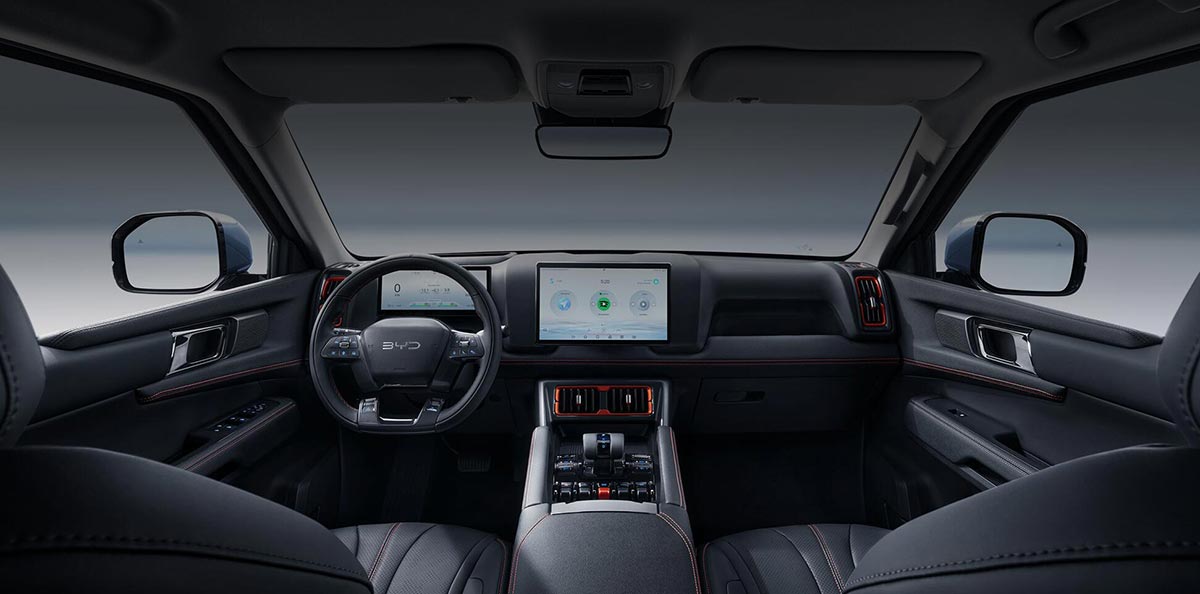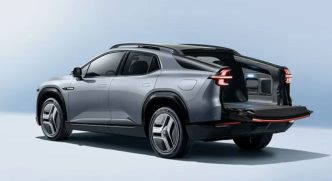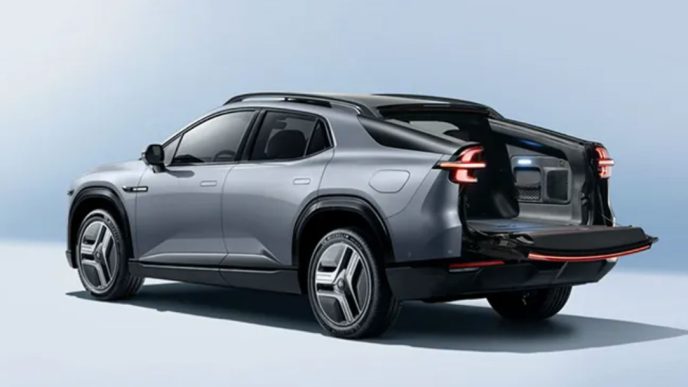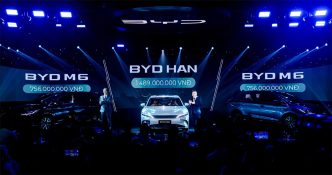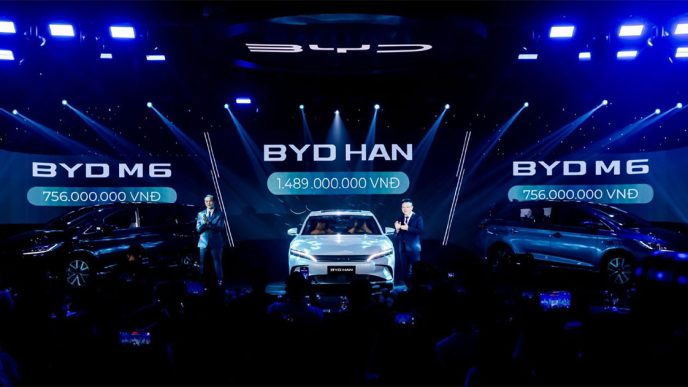BYD plans to implement its in-house developed smart driving algorithms in some of its vehicles beginning next month, marking a significant milestone in the company’s shift from relying solely on third-party suppliers. According to a report from HiEV, BYD’s new smart driving technology is expected to enter mass production as early as November.
The company has branded its smart driving platform as DiPilot, which is segmented by computing power. The system featuring 100 TOPS (trillions of operations per second) or less is called DiPilot 100, using Nvidia’s Drive Orin N chip and Horizon Robotics’ Journey 5 chip. For higher performance, the DiPilot 300 uses a single Nvidia Orin X chip with 300 TOPS, while the top-tier DiPilot 600 is powered by two Nvidia Orin X chips, delivering 508 TOPS.
BYD has focused its research and development on Nvidia’s Drive Orin platform, with the company planning to roll out its own smart driving algorithms based on the Orin N chip by November. “This could be a landmark moment for BYD’s smart driving development,” HiEV reported, citing sources familiar with the matter.
The automaker aims to introduce high-level smart driving features across a wider range of models. Currently, most of its vehicles priced above RMB 200,000 ($28,120) include advanced driving systems, with BYD planning to lower this threshold to RMB 100,000 by 2025. BYD also shared plans to develop its own smart driving chips, starting with low- to medium-range capabilities.
Earlier this year, BYD unveiled the Xuanji Architecture as the foundation for its vehicle intelligence. The company stated that high-level intelligent driving systems would become standard on models priced over RMB 300,000, while those between RMB 200,000 and RMB 300,000 would offer the feature as an option.

